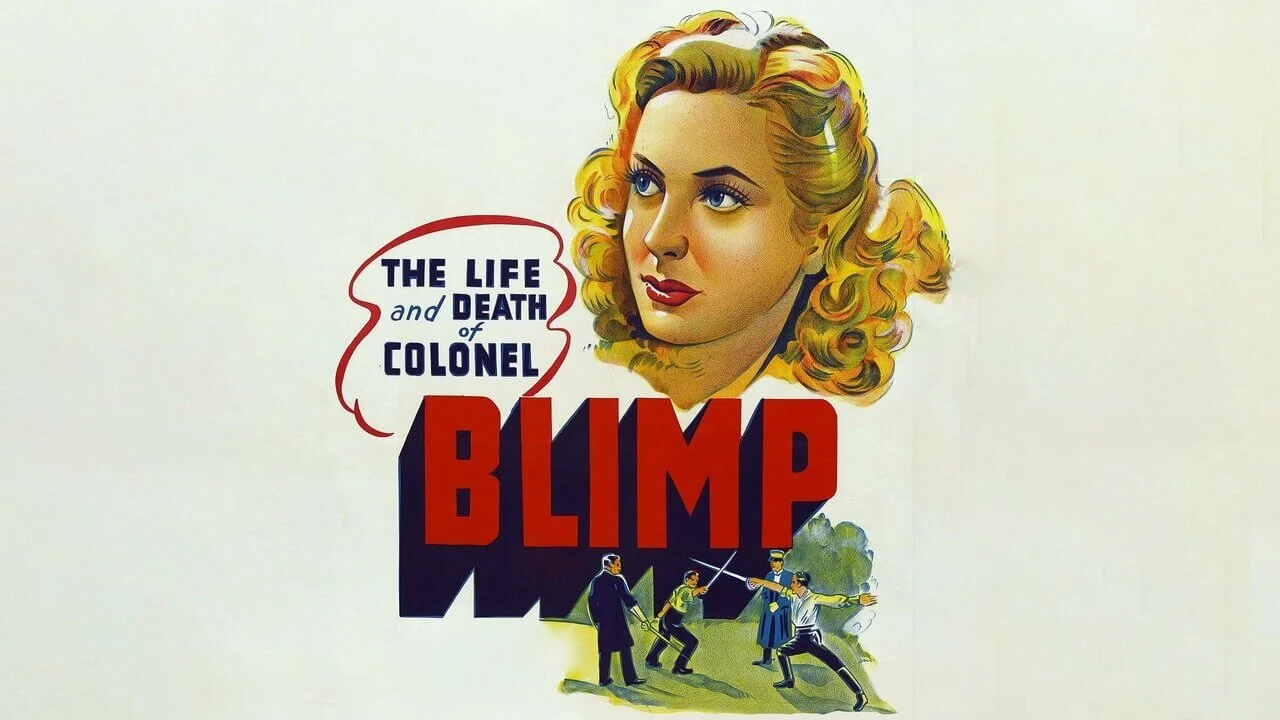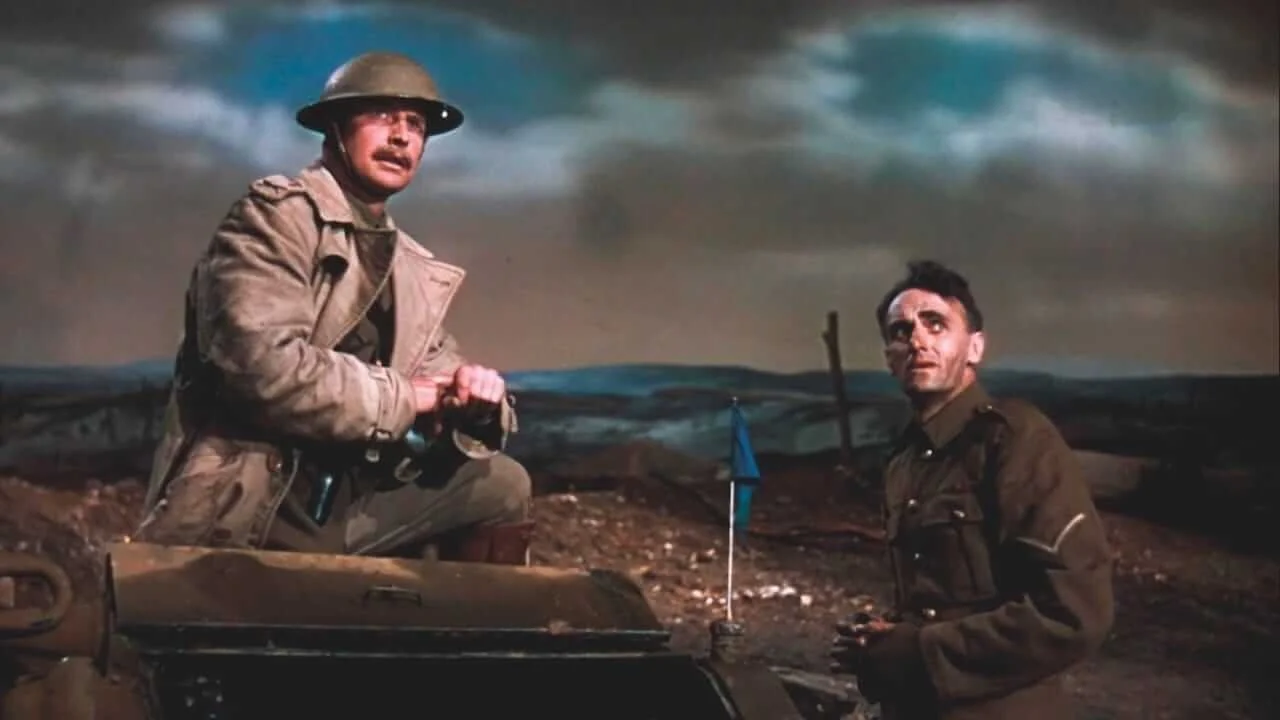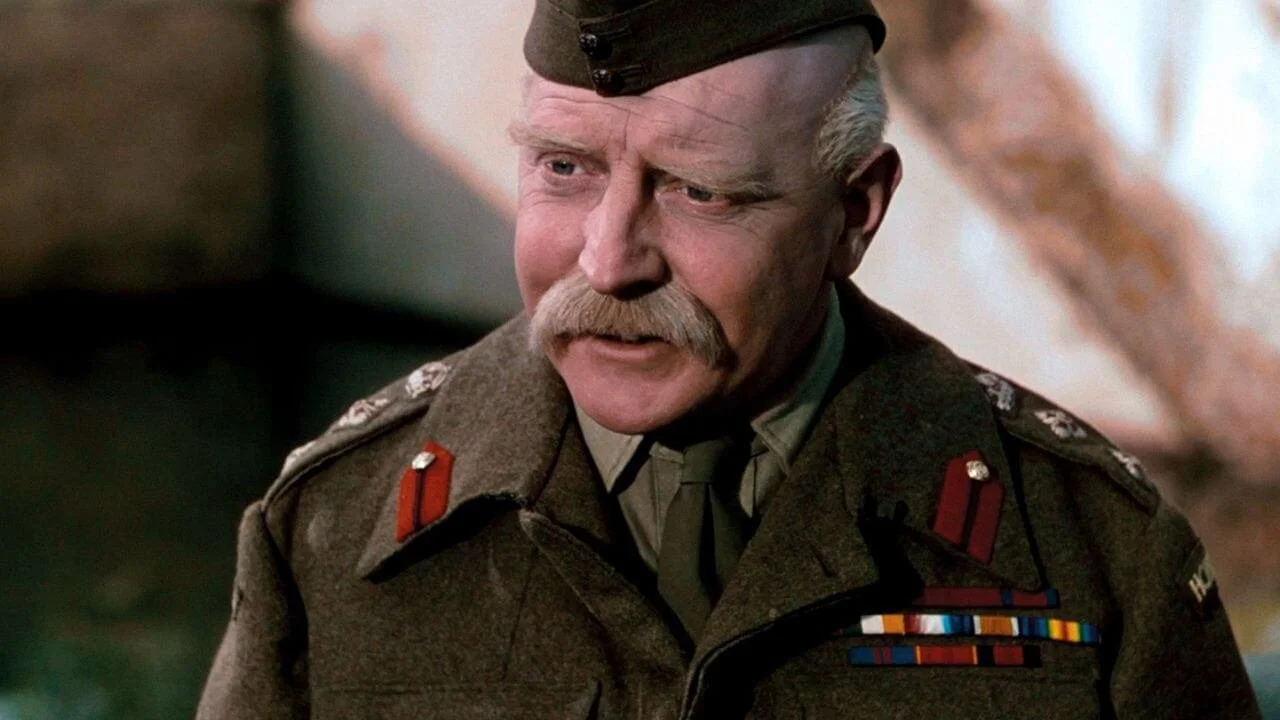Written by A.L. Kennedy
28th December 2023
Review by Paul Dunne
The Pitch: Winston Churchill hated The Life and Death of Colonel Blimp, and tried to have it banned when it was released in 1943. But Martin Scorsese, a champion of directors Michael Powell and Emeric Pressburger, considers it a masterpiece. It’s a film about desires repressed in favour of worthless and unsatisfying ideals. And it’s a film about how England dreamt of itself as a nation and how this dream disguised inadequacy and brutality in the clothes of honour. A.L. Kennedy, writing as a Scot, is fascinated by the nationalism which The Life and Death of Colonel Blimp explores. She finds human worth in the film and the pathos of stifled emotions and unfulfilled lives. ‘If he is unaware of his passions, ‘ she writes of Clive Candy, the film’s central figure, ‘this is because his pains have become habitual, a part of personality, and because he was never taught a language that could speak of emotions like pain.’. This edition includes a foreword by the author exploring the film's continuing relevance in an age of Brexit, when English and British national identity are deeply contested.
The Life and Death of Colonel Blimp is an odd mixture. On one hand Clive Candy, the lead played with beautiful pomposity, toothy earnestness, and heart by Roger Livesey, is a figure of fun especially in his later years, largely because he doesn’t change. He’s the epitome of ‘keep calm and carry on’ stiff-upper-lip Engishness. On the other, he’s a serious career soldier, who takes part in various ways in three conflicts throughout the film. His romantic nature is a metaphor for England, as it is kept buttoned down, even at the risk of sacrificing his own happiness. In a way, this makes the film at odds with the England I know now as the sense of entitlement that pervades the UK now would have been drastically out of place back then. Also, we have to acknowledge that England was a colonialist country, and that Candy does represent some of those values, even if largely by dint of birth and family, if not by his own proclivities. Can we as an audience relate to this story today? Can I? Can it be personalised?
Well, to call this book a personal journey would be a huge understatement. Kennedy imbues the book with herself, but not in any self-aggrandising way. What she desperately wants to give you is context. Context for who she is, who she wants to be, and most importantly, who she was when she found Powell and Pressburger. It's meaningful to us because it's meaningful to her. This discovery, first made as two film-maker's names overheard and mistaken for one, is a life-changing moment for Kennedy. And she wants to change your life, too.
One thing you may find changing is your outlook. As Kennedy posits, Colonel Blimp plays with themes of identity and home. I began to realise as I got deeper into this partly biographical love letter to Colonel Blimp, is that those themes are ingredients in any good war film. National Identity is there in war pictures, and Kennedy is careful to separate this from the Nationalism that has fogged the minds of Brits in the last decade or so. And of course Home, the defense of, against ideas that attack it as a concept and an actuality.
Kennedy gets across the attractiveness of Powell and Pressburger's filmic heroes. It's in their quietness, neatness, and good humour in the face of disaster either large-scale or personal. Clive Candy, the center of Colonel Blimp, is a man for whom passions must be subdued, largely for the benefit of others, which is its own special kind of nobility and if you will, a 'domestic' heroism.
Kennedy wonderfully and wholeheartedly conveys the emotional range of the film and the range of emotions one goes through whilst watching it. You may feel a sense of satisfaction and kinship reading her words as they may echo your own feelings about the picture. They certainly did mine. Again, it's meaningful to us because it's meaningful to her. She acknowledges and gives weight to the fact that this, like so many war and propaganda pictures of the era, is a 'boys’ own' adventure. Speaking for myself, I feel that as I approach my fifties, I look to these kinds of films often and lean on them for support. And finding others out there who feel the same is a great comfort, as is this book.
The Life And Death of Colonel Blimp: BFI Film Classics is available from The BFI Shop. The Life and Death of Colonel Blimp is showing as part of Cinema Unbound: The Creative Worlds of Powell & Pressburger on The BFI Player now.





